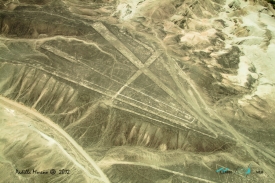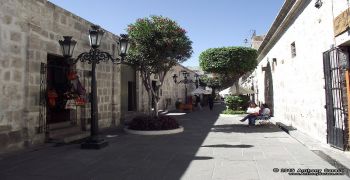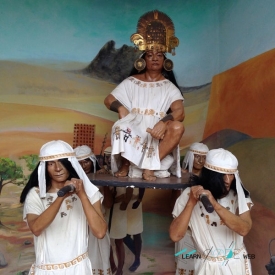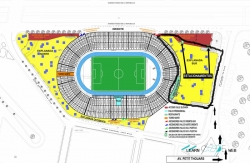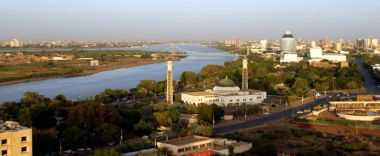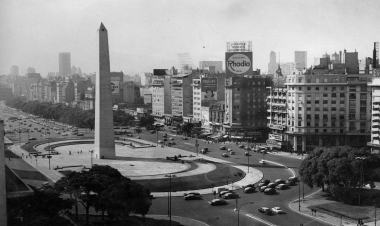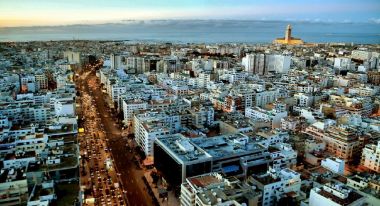ABOUT Mozu tombs
The Mozu Tombs (百舌鳥古墳群, Mozu kofungun) are a group of megalithic tombs in Sakai, Osaka Prefecture, Japan. Originally consisting of more than 100 tombs, only less than 50% of the key-hole, round and rectangular tombs remain.The Daisenryo Kofun (大仙陵古墳, Daisenryō kofun), the largest kofun in Japan, are believed to have been constructed over a period of 20 years in the mid 5th century during the Kofun Period. While it cannot be accurately confirmed, it is commonly accepted that the tomb was built for the late Emperor Nintoku. The Imperial Household Agency of Japan treats it as such.
In 2010, the Japanese government proposed that the Daisen Kofun and the entire cluster of Mozu Tombs and Furuichi Tombs be designated as a UNESCO World Heritage Site. 9 years later on 6 July 2019, the site was approved and inscribed as a UNESCO World Heritage Site under Criteria: (iii) and (iv) as the Mozu-Furuichi Kofun Group: Mounded Tombs of Ancient Japan.
In 2010, the Japanese government proposed that the Daisen Kofun and the entire cluster of Mozu Tombs and Furuichi Tombs be designated as a UNESCO World Heritage Site. 9 years later on 6 July 2019, the site was approved and inscribed as a UNESCO World Heritage Site under Criteria: (iii) and (iv) as the Mozu-Furuichi Kofun Group: Mounded Tombs of Ancient Japan.



